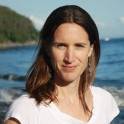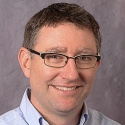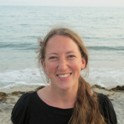
Jessica Barnes
Dr. Barnes received her Ph.D. in sustainable development from Columbia University in 2010 and held a postdoctoral fellowship with the Yale Climate & Energy Institute and Yale School of Forestry & Environmental Studies from 2011 to 2013. She joined the University of South Carolina in 2013 as an Assistant Professor in the Department of Geography with a joint appointment in the School of the Earth, Ocean & Environment.



